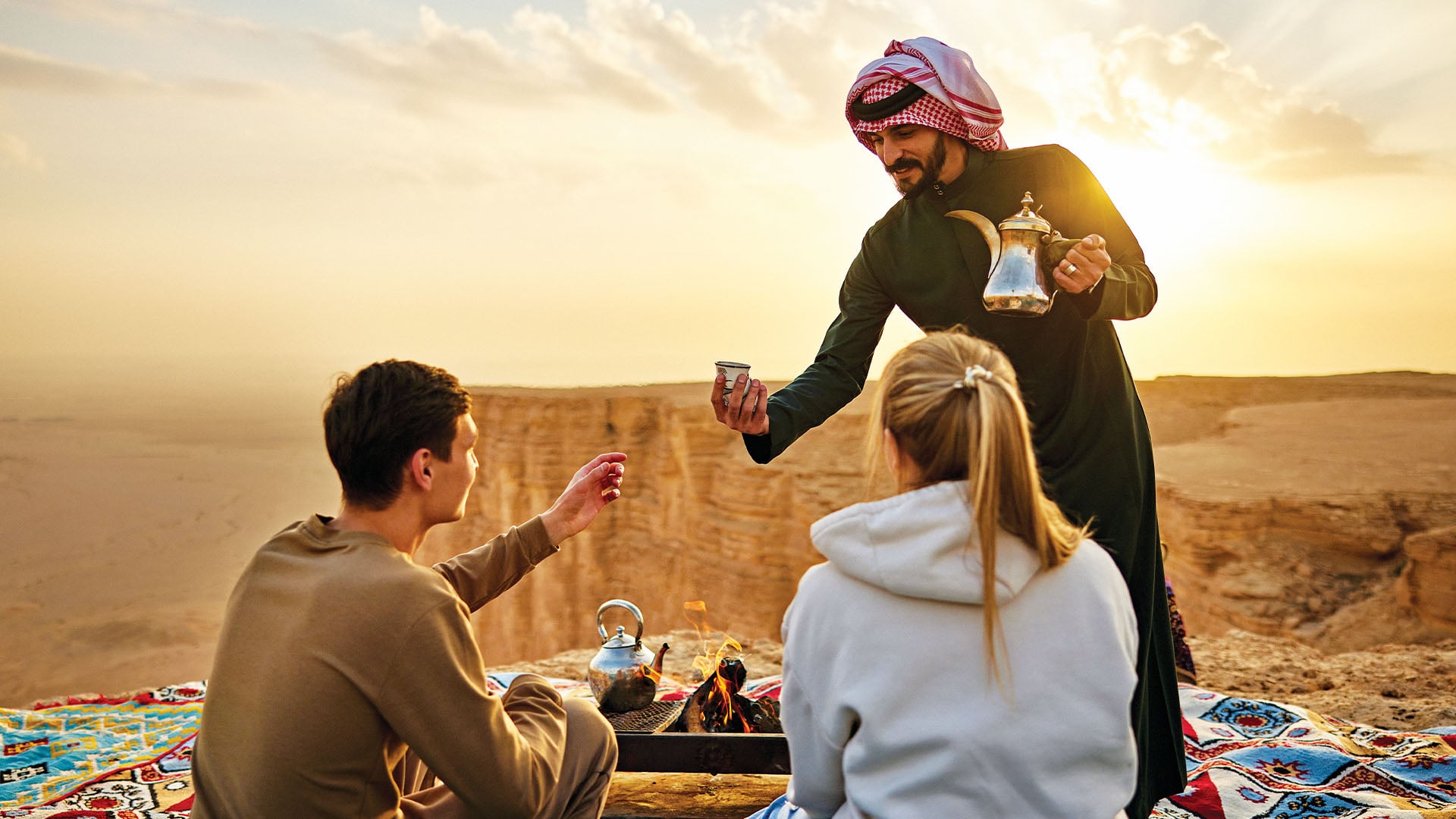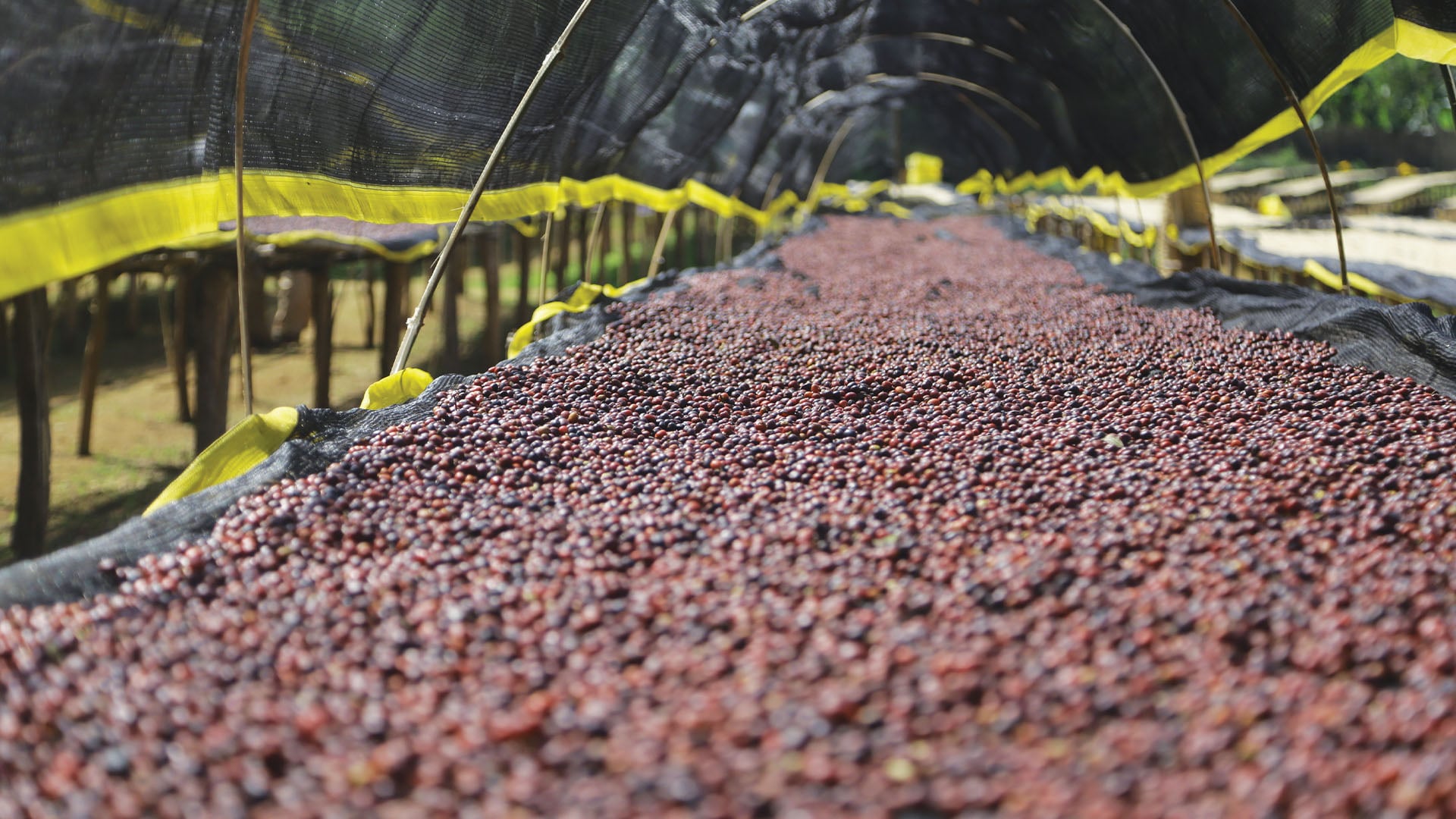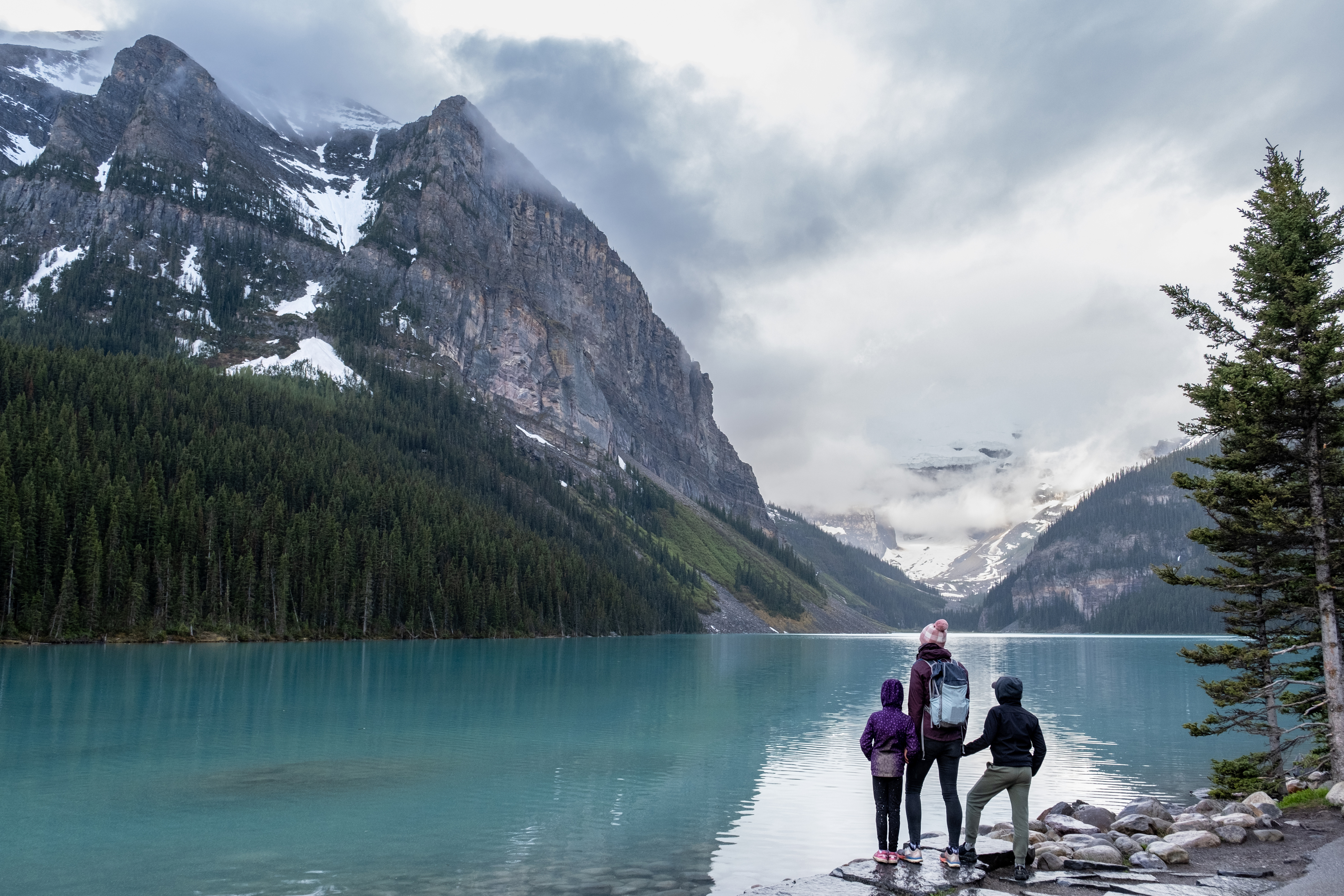Food & Drink
Experience Botswana's rich culinary tapestry, blending tradition with modern flavors.
Exploring its foods and drinks provides a delectable journey through the flavours of this unique African nation. Traditionally, the main and largest meal of the day is eaten at lunchtime, with leftovers being reheated at dinner hour. As a completely landlocked country, the most popular meats are beef, goat, and chicken. They are commonly raised at homesteads in rural locations. Native melon varieties are popular and seasonally grown, with some believing the watermelon even originated from Botswana! The country's culinary landscape is a delightful blend of tradition and modernity, reflecting its cultural diversity and reliance on locally sourced ingredients.
What is Botswana's traditional cuisine?
Botswana's cuisine weaves together traditionally available ingredients. The national dish of Botswana is Seswaa, a delightful stew made from shredded beef, slowly simmered with onions and spices until tender and served over polenta or pap. It's a true Botswana classic. Pap, is a maize porridge, and a staple side dish accompanying many meals. Its versatility allows it to be served with various sauces, stews, and vegetables. Morogo refers to an assortment of leafy greens, such as wild spinach or pumpkin leaves, typically cooked down with onions, tomatoes, and spices. It is frequently served as a side dish. Bogobe, another popular porridge, is made from sorghum or maize and is a common breakfast.
For the adventurous, try a cooked caterpillar known as mopane, which is harvested from mopane trees. They are a traditional delicacy, rich in protein and prepared through drying, frying, or adding to stews. Game meat is a highlight due to Botswana's abundant wildlife. Venison, ostrich, and crocodile are frequently grilled or used in stews.
And if you are wandering around a Botswana town such as Maun, try a modern take on Seswaa, a street food sandwich version with the meat piled high on a bun, topped with spicy condiments, even pickles! Otherwise, for those with a sweet tooth, you’ll find magwenya widely available. This deep-fried doughnut ball is also known as a Fat Cake.
What is dining etiquette in Botswana?
Markets and cafes are common gathering spots for casual dining, while restaurants commonly accommodate larger groups. If someone is hosting a meal at their home, the most honoured guest will be seated next to the host. You may notice in some rural spots that eating traditional meals with your hands is customary. However, restaurants will typically provide cutlery. Plan to wash your hands before eating, regardless if you are using your hands or a fork and knife. When visiting a local town, you might hear about everyone heading out to a wedding, as everyone is welcome to attend weddings, no invite needed!
What is drinking etiquette in Botswana?
Alcohol is less widely consumed in Botswana, though still commonly available. Several bars can be found in towns, plus restaurants and safari locations will serve alcohol. There are higher taxes on alcohol purchases and public inebriation is not looked upon fondly. Traditional brews, like sorghum beer, are integral to Botswana's culture and are often served at social gatherings. It is notable for its cloudy appearance and lingering sour aftertaste. It’s commonly brewed at homes in everything from plastic buckets to claypots outside in the yard. Just watch out if you’re offered someone homebrew, as it can be quite potent! Chibuku, a commercially brewed traditional beer, can be found in local bars and shebeens in various flavours. Botswana also offers non-alcoholic options like the imported African Stoney ginger beer.
Does Botswana cater to dietary restrictions?
Planning in advance of your travels to a safari lodge will determine if they can accommodate any dietary restrictions. Given the intimate nature of these trips, it is common for hosts to work to ensure guests have food they can enjoy, though not all dietary restrictions can be accommodated due to the remote location of some camps. Meat and grains are prominent parts of traditional Botswana cuisine, while dairy is less commonly used in cooking. Some adaptations to traditional dishes can be made, but it would be important to bring along translation cards to communicate with staff about any allergies or dietary restrictions.
What do meals typically cost in Botswana?
There is typically an all included aspect to safari camp trips, with meals and beverages being included in the overall price. If dining in a town at budget friendly, local restaurants, meals can be found for between USD $8-10 per person. Dinner at a mid-range restaurant will see prices per person closer to USD $18-25. Prices for a single beer are commonly USD $3-5, and a glass of wine USD $5-8.
Travel Stories
Get inspired about Your Trip to Botswana
Unlock more by subscribing to our newsletter
With our newsletter, you’ll get access to regular communications that inspire you and help you explore the world your way



